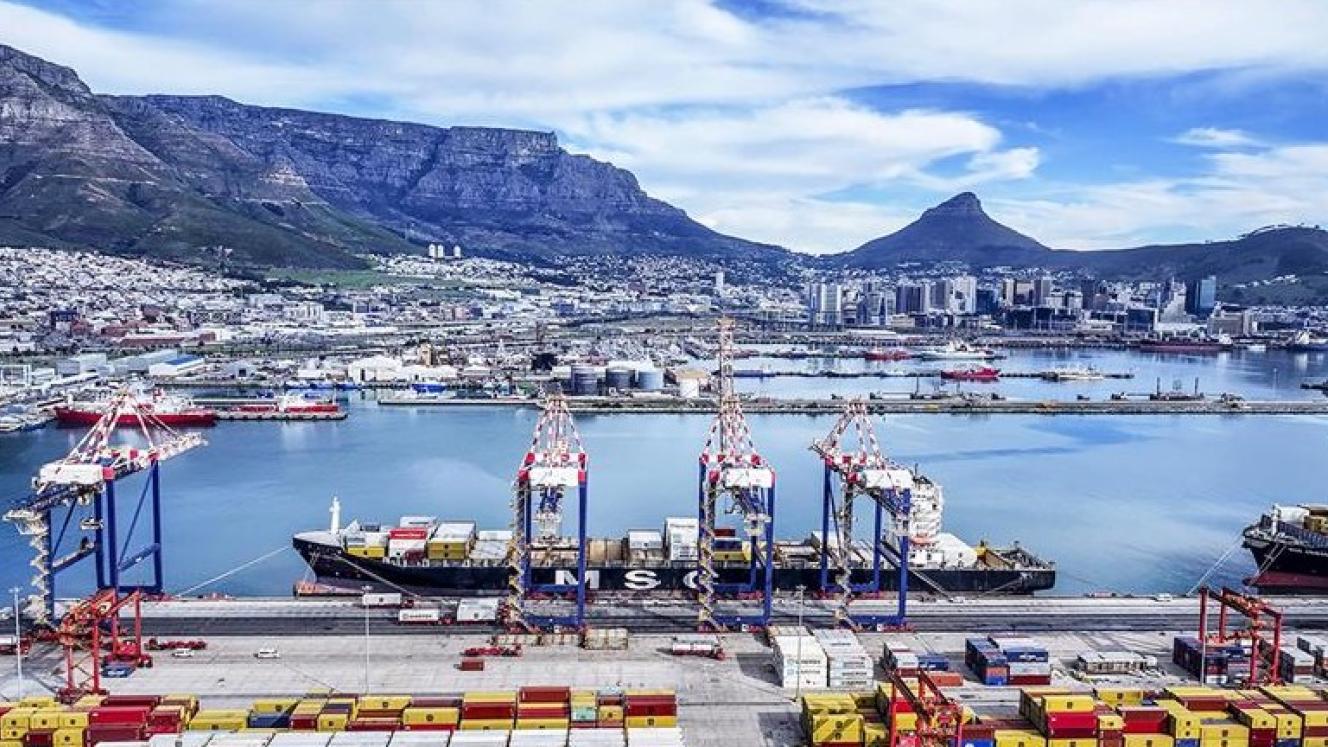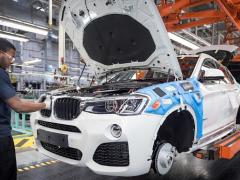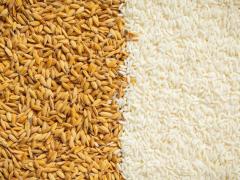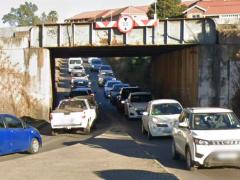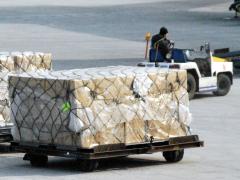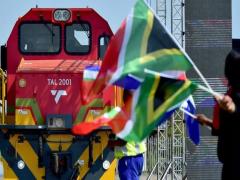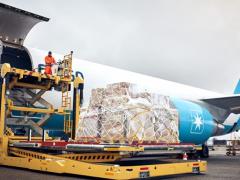The Organisation Undoing Tax Abuse (Outa) has urged the government to extend its fuel levy reprieve to avert another massive fuel price hike in July.
Outa CEO, Wayne Duvenage, said the government’s plans to reduce the fuel levy reprieve by 50% from R1.50 to 75 cents, would lead to another petrol price increase of around R2.50 next month.
This comes as the Ukraine war has continued to raise the international oil price to between $110 and $120 per barrel, remaining closer to the latter price during June, which is about 7% higher than in May.
“Coupled with the increased price of oil, the rand was weaker to the US dollar for most of June, giving rise to under-recovery in the current price of petrol. These factors are expected to increase the price of petrol by an estimated R1.75 on 6 July,” said Duvenage.
The fuel levy reprieve of R1.50 per litre has been in place for April, May and June.
“Should the Minister of Finance, Enoch Godongwana, reduce this to a reprieve of 75c per litre from July 6 to August 2, as planned, we can expect a petrol price increase of around R2.50 in July,” he said.
This would push the price of 95 octane inland from R24.17 per litre to around R26.70.
“While we understand the negative impact of around R2.8 billion in tax revenue (lost) to the fiscus for every month the R1.50 per litre fuel levy reprieve remains in place, we believe that while petrol prices remain above R22 per litre, the minister would be wise to retain the full R1.50 reduction,” said Duvenage.
“We believe the minister should not reduce the fuel levy reprieve to 75c in July, but wait until the geopolitical factors, combined with an improvement in the rand exchange rate, are able to bring about significant reduction to the price of petrol.”
The general fuel levy is the fourth-largest tax source for Treasury (after PAYE, VAT and company tax), generating around R89 billion per annum for the fiscus.
“Outa is not naïve enough to believe the State would scrap the entire fuel levy going forward, or at least certainly not during these times of heightened fiscal pressure. However, the fuel levy is one of tax elements that government is able to adjust at short notice.”
He said the government must find a solution to the runaway costs of the Road Accident Fund, which is funded by another fuel levy of R2.18 per litre. However, urgent professional intervention was required for this as the levy should be reduced or not tied to the price of petrol.
“In prior communications to Government, Outa has also asked that it challenges the runaway increases pertaining to the retail margin, which currently sits at R2.29 per litre. This margin is due for another increase later this year, and Outa believes the retailers have scored handsomely with average annual increases of 13% per annum for the past 14 years. If any increase is granted to the retail margin, this should be contained to below inflation to offset the unreasonable increases extended to the petrol retail industry over the years,” said Duvenage.
Meanwhile, Automobile Association CEO Willem Groenewald, writing in a Business Day column, said the government needed to undertake a “full review” of the fuel price and effectively deal with corruption to mitigate the rising costs.
“A close examination of South Africa’s fuel price structure, and large-scale intervention to stop wasteful expenditure of taxpayers’ money, are central to addressing the country’s soaring fuel prices.”
He said the basic fuel price needed to be reviewed in line with shifting global markets as research showed that it did not yield a true import parity price, adding that a review of the fuel price was “essential and long overdue”.
“ It must also be conducted against the backdrop of serious governance challenges facing the country, especially as they relate to the fuel price. Discussing solutions to mitigate against rising fuel costs cannot occur in a vacuum without the contextualisation of corruption and revenue distribution,” he said.

